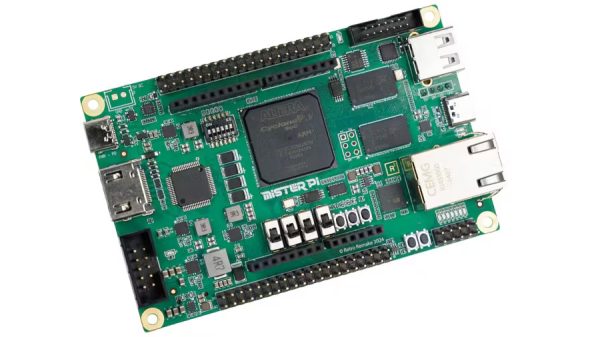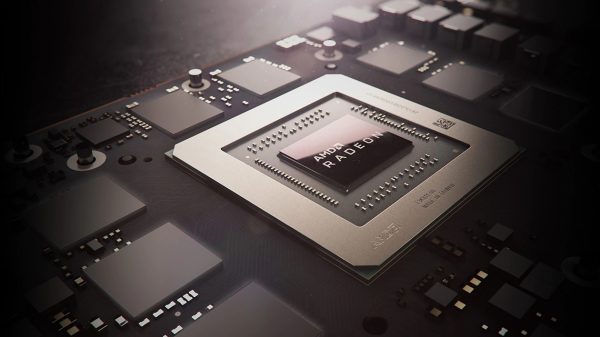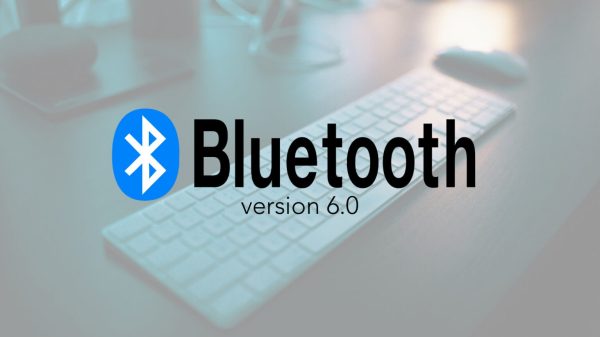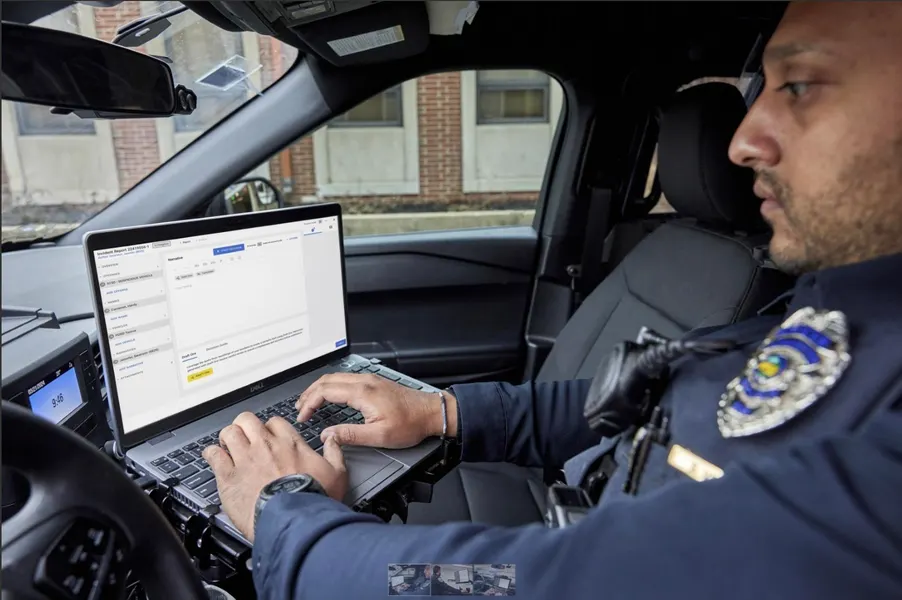The use of AI in police reporting is gaining traction with the introduction of tools like Axon Draft One. This new technology, powered by OpenAI’s GPT-4 model, promises to streamline the process of drafting police reports by generating them almost immediately after body camera recordings. Frederick, Colorado, became the first police department to implement Draft One in June, with other departments in the U.S. quickly following suit. The goal of Draft One is to save officers time by automating the report-writing process.
Axon, known for its tasers and body cameras, has marketed Draft One as a groundbreaking advancement in police technology. The AI tool summarizes key points from body camera audio to produce police reports rapidly. Although this application of AI appears logical, experts have raised concerns about its potential impact on the justice system.
Legal experts stress the importance of police reports, which are central to the justice system. They influence plea deals, sentencing, and civil claims. Andrew Ferguson, a law professor, highlights that any inaccuracies or manipulations in these reports could undermine legal proceedings and affect how justice is served. The role of police reports as a check on police power and a basis for legal accountability cannot be overstated.
The adoption of AI for drafting police reports introduces risks such as inaccuracies and biases. While Axon asserts that Draft One is designed to minimize errors by restricting its “creativity,” concerns remain about potential mistakes or biases in AI-generated reports. These issues could lead to wrongful arrests, misrepresentation in courts, or cover-ups of police misconduct.
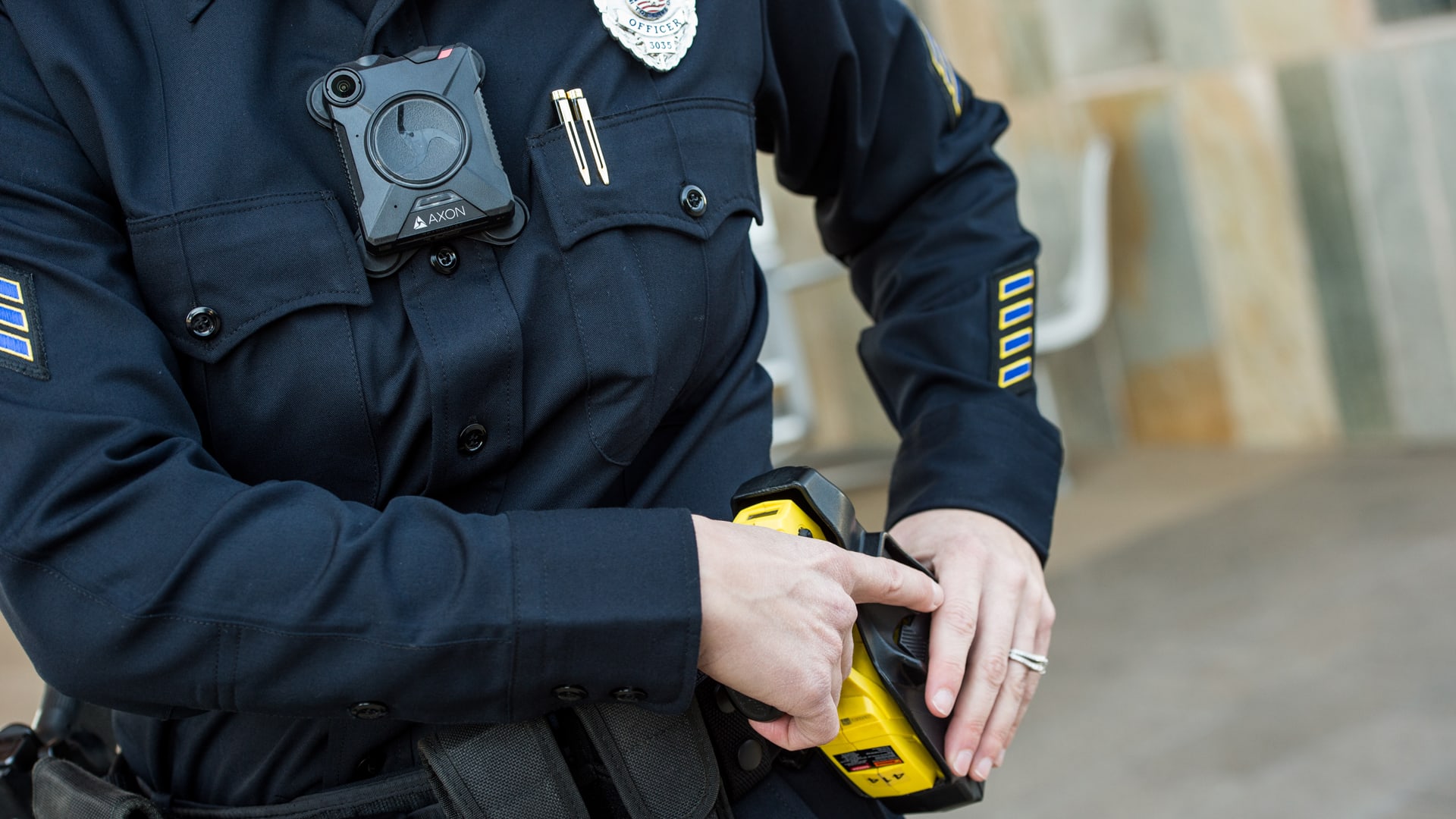
Axon’s AI Tool for Police Reports Sparks Debate on Accuracy and Bias in the Justice System
Axon recommends that police departments initially use Draft One for minor incidents and gradually extend its use. However, some departments have already started applying the AI tool to more serious cases, highlighting its efficiency in reducing report-writing time. This rapid expansion raises questions about the thoroughness of the technology’s testing and its overall effectiveness.
The true impact of Draft One on report accuracy is still unknown. Early reports suggest significant time savings, but whether AI-generated reports are more accurate than human-written ones remains uncertain. Without more comprehensive data, it is difficult to determine if AI-generated reports will improve or hinder the accuracy of police documentation.
The seamless integration of Draft One with existing body camera systems has facilitated its adoption. Although the tool requires officers to review and edit the reports, the effectiveness of these safeguards is under scrutiny. Ensuring transparency about the AI’s training and testing is crucial to prevent the introduction of new biases or inaccuracies into the reporting process.
Despite Axon’s claims of Draft One’s effectiveness, experts have expressed concerns about its potential to worsen existing problems in policing. There is apprehension that AI-generated reports might reinforce biases or distort narratives if the technology is not adequately tested and monitored.
The future of AI in policing is still unfolding, with ongoing debates about its advantages and drawbacks. While some anticipate that AI tools like Draft One will become more prevalent, others warn against quick adoption without addressing potential issues. It is essential to monitor the technology’s impact carefully and ensure it contributes positively to the legal process.
The implementation of AI in police reporting represents a significant technological shift. Draft One offers potential efficiency benefits but also raises important questions about accuracy, bias, and its broader implications for the justice system. As AI tools become more common, careful oversight will be necessary to ensure they enhance rather than compromise the integrity of police reporting and the legal process.







